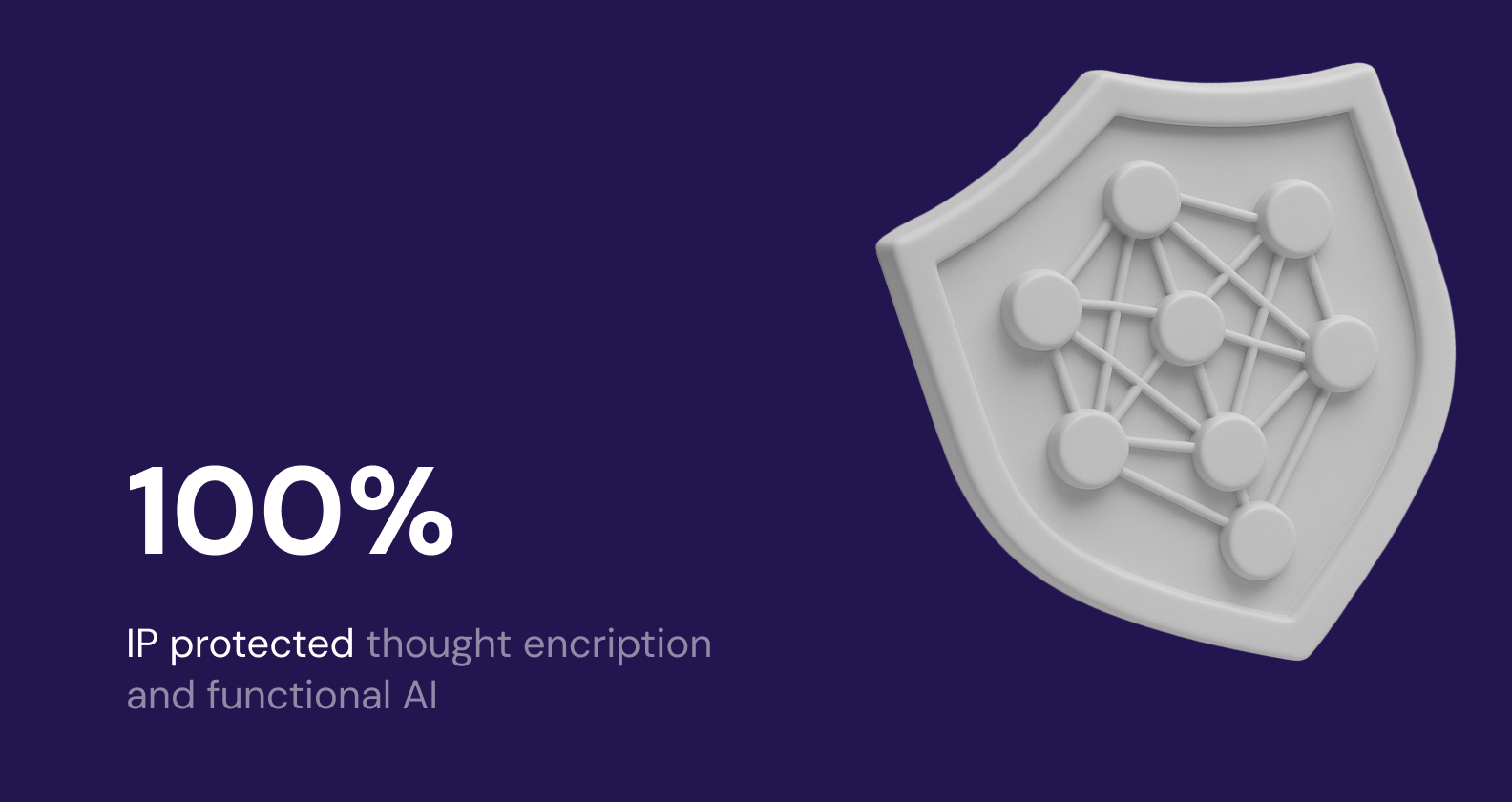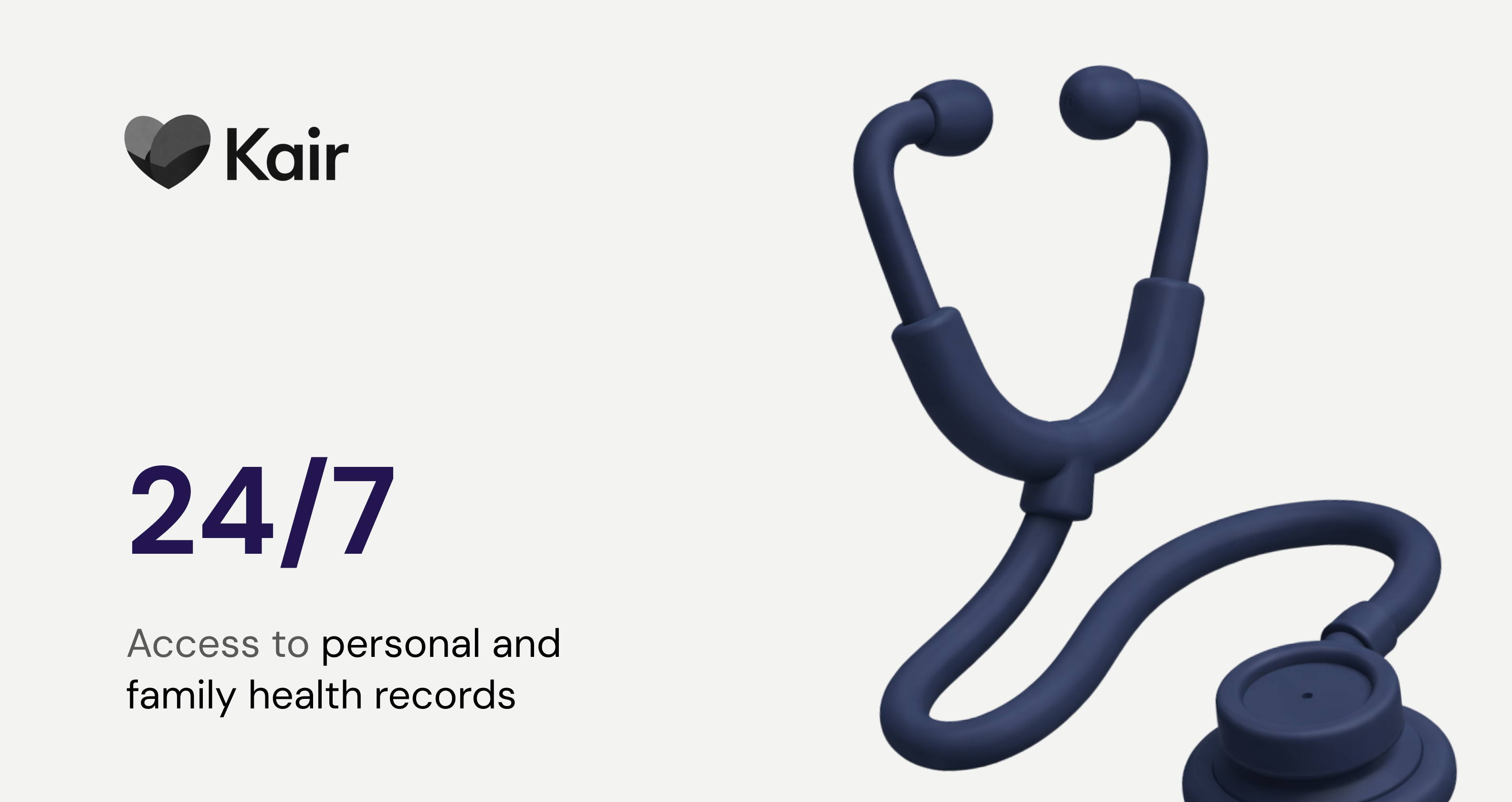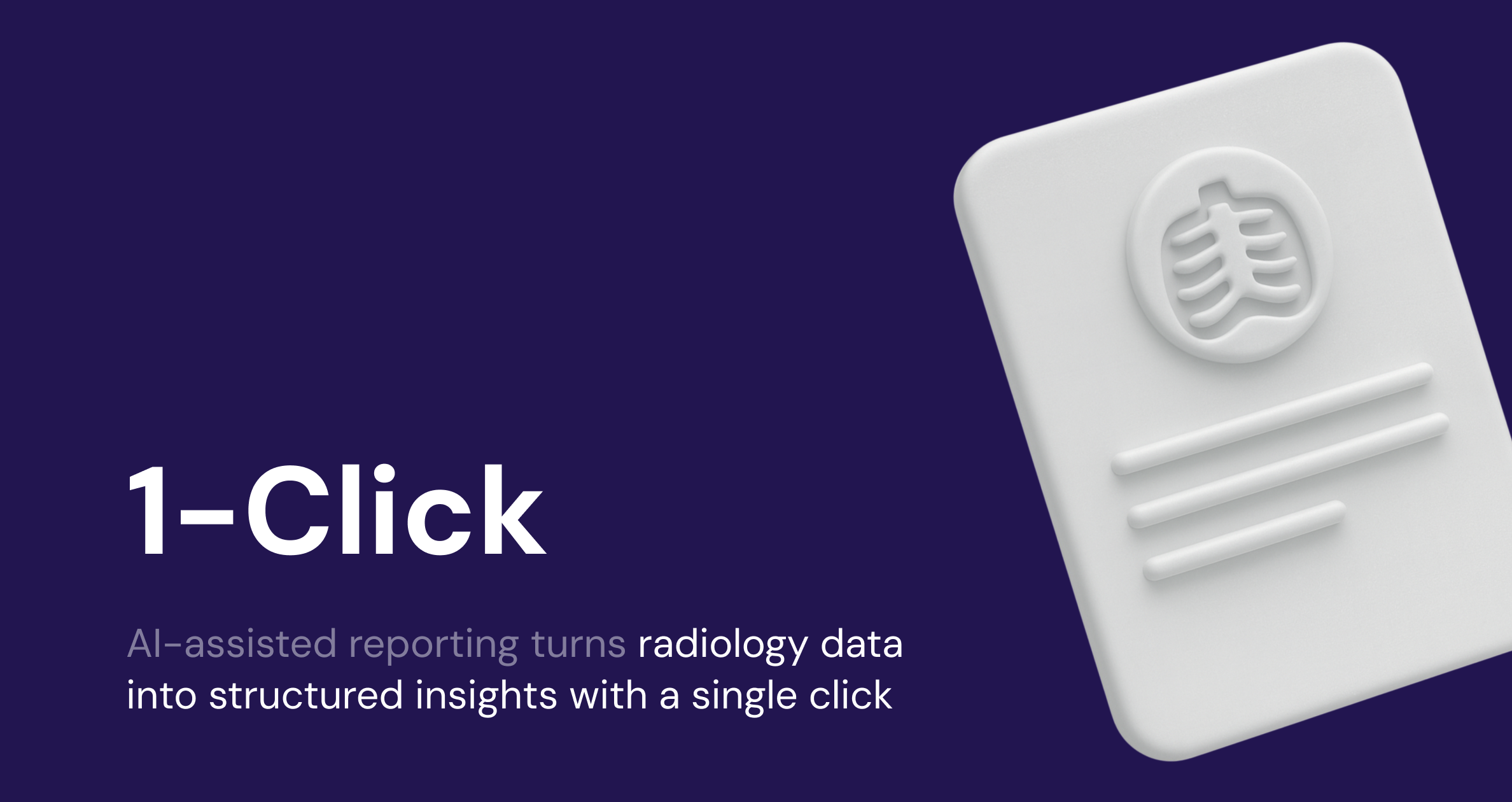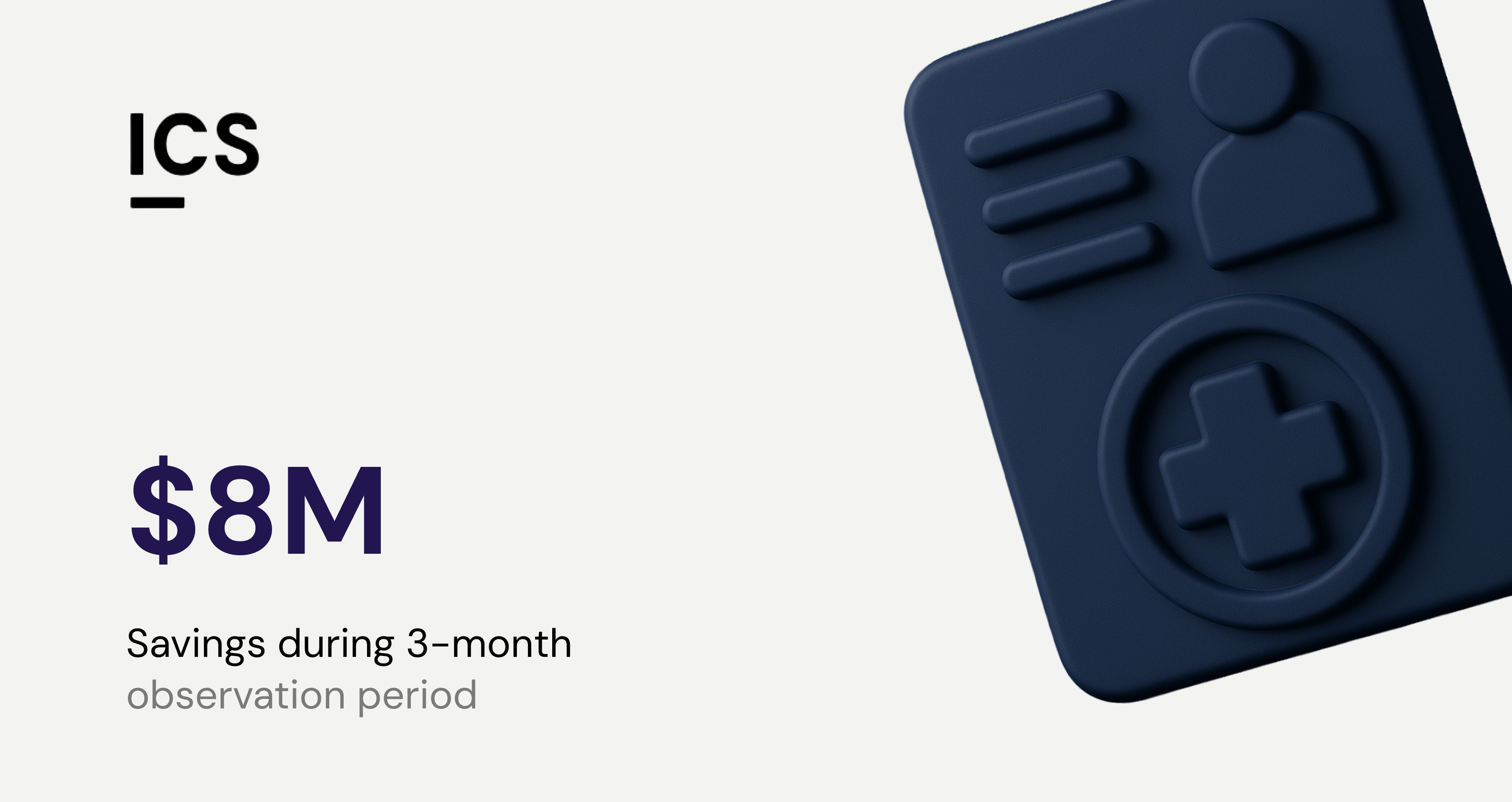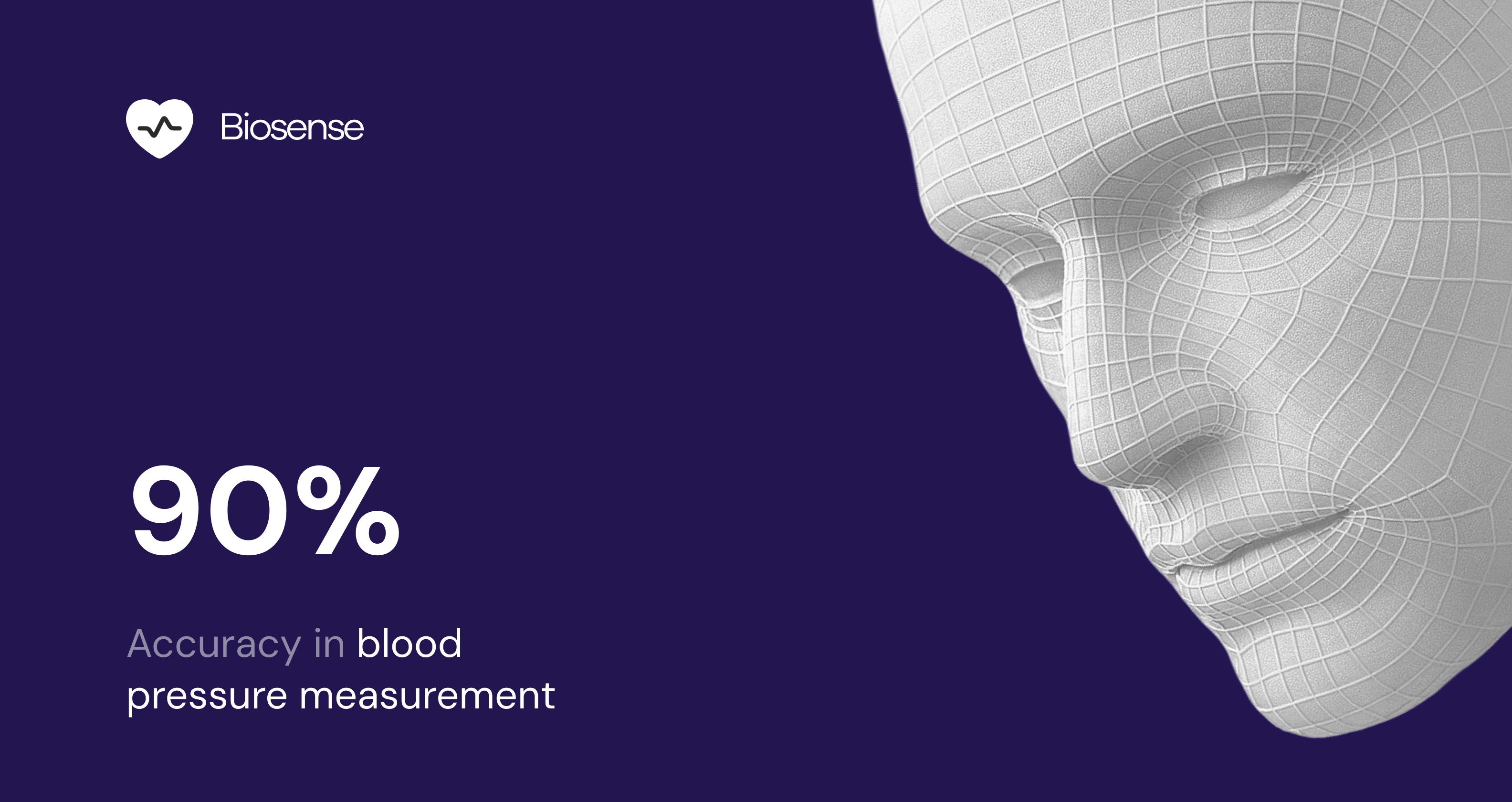The article published in Vaccine (Volume 41, Issue 24, June 1, 2023), examines the long-term effectiveness of the PreHevbrio™ vaccine, which targets three hepatitis B virus (HBV) antigens: S, preS1, and preS2. The study is based on the Phase 3 PROTECT trial, focusing on Finnish adults who were fully vaccinated and initially seroprotected (anti-HBs ≥ 10 mIU/mL). The results show that 88.1% of participants who received the 3-antigen vaccine remained seroprotected after 2.5 years, significantly outperforming the 72.4% of participants in the single-antigen vaccine group. The 3-antigen group also had much higher mean antibody levels. The study found that higher antibody levels following the third dose were crucial for maintaining long-term seroprotection, regardless of factors like age, sex, or BMI. These findings suggest that the 3-antigen vaccine provides stronger, more lasting immunity, potentially reducing the need for booster doses.
Takeaways:
- Superior Long-Term Protection: The 3-antigen HBV vaccine (PreHevbrio) demonstrated significantly higher long-term seroprotection compared to the single-antigen vaccine. After 2.5 years, 88.1% of individuals who received the 3-antigen vaccine remained protected, while only 72.4% of the single-antigen vaccine group maintained seroprotection. This suggests that the 3-antigen vaccine may offer more reliable and durable immunity against HBV infection.
- Higher Antibody Titers in 3-Antigen Group: Participants who received the 3-antigen vaccine showed much higher mean antibody levels (1382.9 mIU/mL) compared to the single-antigen vaccine group (252.6 mIU/mL), reinforcing the enhanced immune response generated by the 3-antigen approach. This indicates that the 3-antigen vaccine could potentially provide stronger immunity, which may be particularly important in populations at higher risk of HBV exposure.
- Importance of Post-Dose 3 Antibody Levels: The study highlights the importance of achieving high antibody levels following the third vaccine dose. Participants with higher antibody titers after the third dose were less likely to lose seroprotection over time. This underscores the critical role of monitoring and achieving optimal immune responses during vaccination.
- Potential for Reduced Booster Requirements: Given the strong and sustained seroprotection from the 3-antigen vaccine, this vaccine could potentially reduce the need for additional booster doses, lowering long-term healthcare costs and improving vaccine adherence in the general population. This is particularly beneficial in global HBV elimination efforts.
- Predictive Role of Antibody Titers: Higher antibody titers after the third dose were identified as a key predictor for sustained immunity, regardless of other variables such as age, sex, and BMI. This could guide future vaccine strategies and allow for better-tailored vaccination plans based on individual immune responses, particularly for those at higher risk for HBV.
- Implications for HBV Vaccination Strategies: The study’s findings suggest that the 3-antigen HBV vaccine could be a more effective long-term solution for preventing HBV-related diseases, contributing to better public health outcomes and more effective management of hepatitis B vaccination programs worldwide.



